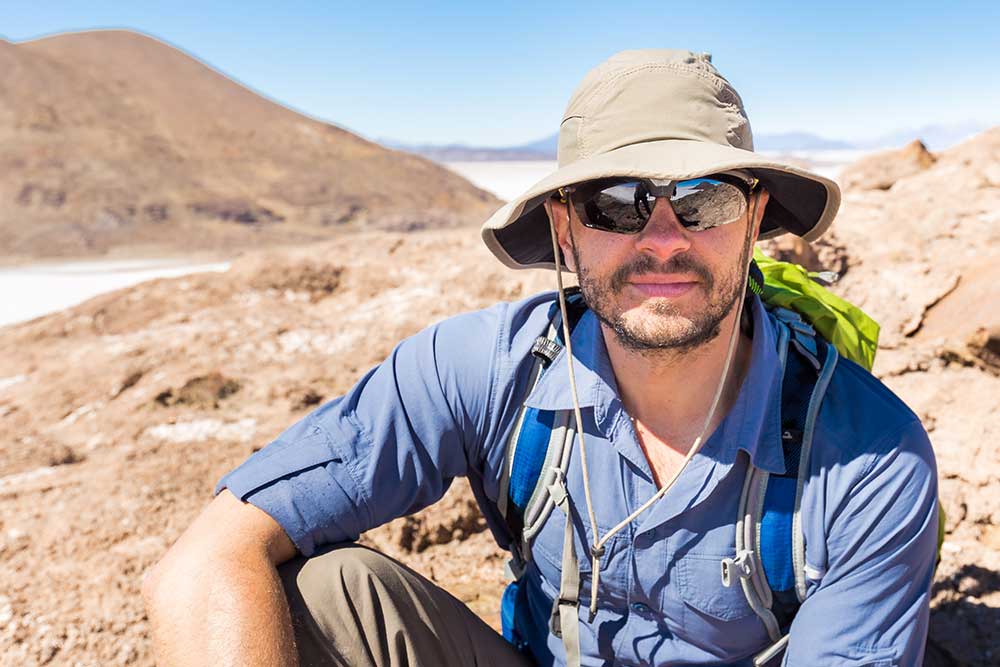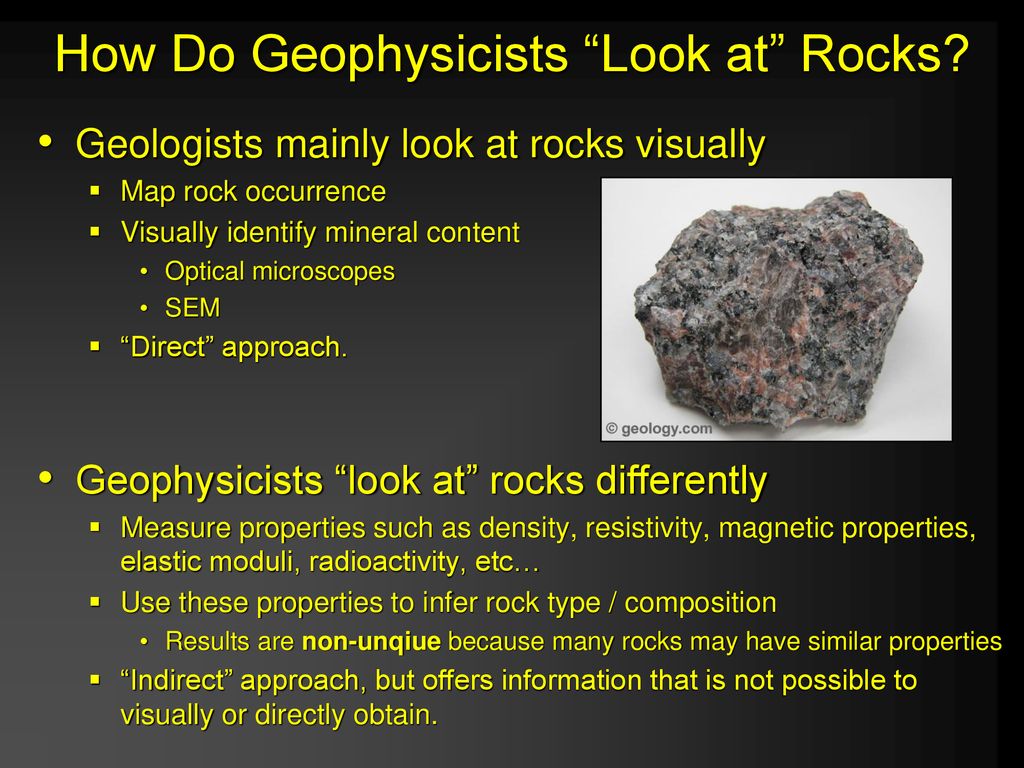All Categories
Featured
Table of Contents
An Assessment Of Geophysical Survey Techniques For ... in Bull Creek Western Australia 2023
This work is progressively contracted out, so consultancies provide another source of employment. Consultancy companies differ in size, from extremely small business to large multinationals. Some consultancies are quite specialised in utilizing particular geophysical techniques or working in particular areas, while others offer a more diverse variety of services to their consumers.
The extraction of gas from landfill sites is another area of employment and this may grow in the future. Expedition business might undertake work for building and construction companies, water companies, mining business and ecological companies, so geophysicists may be used in any of these settings. Other companies consist of: geological surveysgovernment bodies and agenciesuniversities and research institutes.


Jobs may be noted in the oil and gas sector press. Recruitment is impacted by oil cost changes and the level of competition for positions differs depending on this. Professions Days, which cover the complete variety of geoscience professions and are usually gone to by a number of crucial industry companies, are run by The Geological Society.
What Are Geophysical Surveys & Why Do They Matter in Millendon Aus 2021
Some of the large oil and gas business provide a complete two-year structured training programme throughout the breadth of geophysics, consisting of the chance to experience work in numerous teams before specialising in one location. Your training might include deal with: existing wellsmagnetic and gravitational potential field information analysisresearchrock analysis. It's more usual for your initial training to be provided on the job.

There might be a probationary duration during which you work alongside an experienced coworker. Competency-based appraisals take location regularly in the majority of companies. In smaller firms, and for academic posts, there is unlikely to be any formal training - you'll be expected to start work straightaway and choose up abilities as you go along.
If you work for a smaller sized company, you might find that you require to take duty for arranging and funding your own advancement and training. If you have a geology degree, subscription of The Geological Society can be useful for networking and for maintaining to date with the market.
Geophysical Survey - Archaeological Research in Beeliar Western Australia 2021
You may also discover it beneficial to sign up with the PESGB (The Petroleum Exploration Society of Great Britain, which has a geophysics unique interest group. After a probationary duration, and once you have actually gained some experience, you could progress to senior geophysicist, then team leader and after that into a senior function in management.
The ease of movement between functions depends on the company structure. Study at Masters or Ph, D level in a subject related to geophysics or geosciences may aid with your profession advancement and development. The work market within the oil and gas industry is very reliant on rate and this may impact your chances for career progression.
Nevertheless, not all jobs depend on the oil and gas industries. For experienced geophysicists, freelance consultancy provides a great path for career advancement. You can also specialise in a particular location of geophysics. As a geophysicist, you're likely to have a number of tasks throughout your working life. International movement is vital for dealing with peaks and troughs in different countries at different times.
What Is A Geophysicist? in Greenmount Aus 2023
From geophysics, it's possible to concentrate on seismology (completing further training to end up being a seismic interpreter) or to move into related areas such as engineering geology or risk prediction.
Deciding what to study in college is a tough choice. Even if you understand that your field of interest lies in science, what program of study is right for you?
The very first action to accomplishing your objective of ending up being a geophysicist is earning a degree. Even for entry-level positions in the field of geoscience, you'll need a bachelor's degree (a geophysicist college degree) from a recognized college or university. Geophysicists should be able to: examine rocks, pictures, and other pieces of data carry out research both in the field and in labs develop maps and charts of their findings write reports To accomplish all this, trainees need a specialized education for geophysicist professions.
As mentioned above, you'll need a bachelor's degree in geoscience or an associated discipline, such as a physical science or a natural science, to land an entry-level job. However students can also prepare by majoring in subjects like: Biology Chemistry Computer technology Engineering Mathematics Physics The above geophysicist majors use a more generalized technique to a single scientific discipline, however a lot of programs require students to take one or more geology course.
Latest Posts
Geophysical Surveys - U.s. Geological Survey in Wandi Western Australia 2023
Geophysics in Mount Claremont Aus 2020
Geophysical Survey in Casaurina Aus 2020